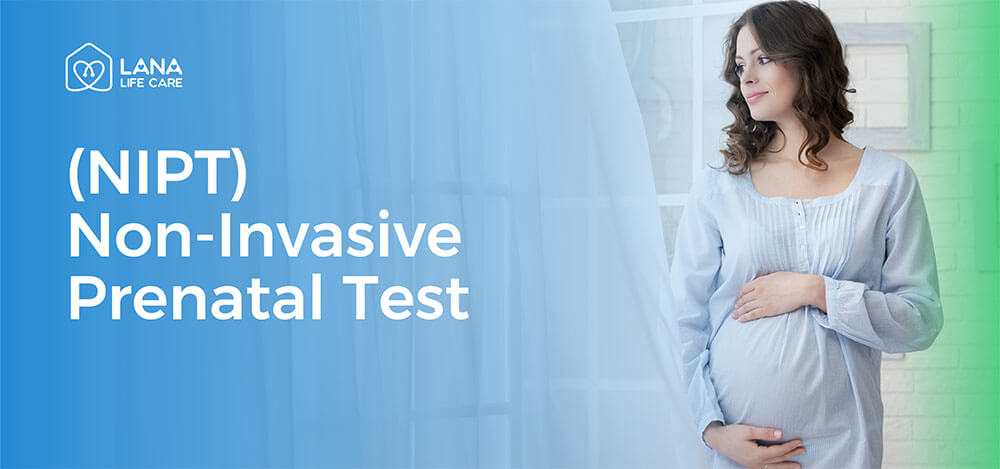

Pregnancy is a time of profound expectation and, for many, an eagerness to understand as much as possible about their unborn child’s health and development. Among the array of prenatal tests available, the Non-Invasive Prenatal Test (NIPT) has emerged as a significant advancement, offering insightful data with minimal risk. This article delves into the essence of NIPT, exploring why it’s needed, its benefits, eligibility criteria, its role in prenatal gender screening, and how Lana Life Care in Dubai is simplifying access to this essential service with its at-home testing options.
NIPT is recommended for a variety of reasons, primarily to assess the risk of the fetus having certain chromosomal abnormalities such as Down syndrome (Trisomy 21), Edwards syndrome (Trisomy 18), and Patau syndrome (Trisomy 13). Beyond these, NIPT can screen for additional genetic disorders depending on the test version used. It’s a critical step for expectant parents who are faced with a high-risk pregnancy, either due to maternal age, family history, or abnormalities detected in earlier ultrasounds. NIPT provides early detection possibilities, giving families more time to prepare, both emotionally and practically, for their child’s needs.
The primary advantages of NIPT include:
Safety: Being non-invasive, it only requires a blood sample from the mother, posing no risk to the fetus.
Accuracy: NIPT offers high accuracy rates in detecting certain chromosomal abnormalities, reducing the stress of uncertain results and the need for further, more invasive tests.
Early Detection: It can be conducted as early as ten weeks into the pregnancy, allowing for early intervention if necessary.
Peace of Mind: For many expectant parents, the reassurance that comes from knowing their baby’s health status cannot be overstated.
While NIPT is particularly beneficial for those in high-risk pregnancy categories, such as older expectant mothers or those with a family history of genetic conditions, its non-invasive nature makes it a safe option for any pregnant woman seeking early screening for chromosomal abnormalities. NIPT is generally offered to pregnant individuals, especially those at higher risk for chromosomal abnormalities. It’s typically recommended for women who are at least 10 weeks pregnant. However, eligibility criteria may vary based on individual circumstances.
Apart from screening for chromosomal abnormalities, NIPT also allows parents the option to learn the gender of their unborn child early in the pregnancy. This aspect of NIPT is particularly appealing to many expectant parents, not only for practical reasons, such as planning nursery themes or announcements, but also for early bonding with their baby.
Understanding the need for comfort, privacy, and convenience during pregnancy, Lana Life Care in Dubai offers a unique at-home NIPT service. This service is particularly advantageous in today’s fast-paced world, where time and ease of access to health services are of the essence. Expectant parents can now undergo this crucial test in the comfort of their own home, with the assurance of receiving accurate and timely results. Lana Life Care’s approach not only democratizes access to advanced prenatal care but also adds a layer of personalized service that traditional clinical settings might lack.
The Non-Invasive Prenatal Test represents a significant leap forward in prenatal care, offering a blend of safety, accuracy, and early detection that was previously unattainable. For expectant parents in Dubai, Lana Life Care’s at-home NIPT service further simplifies the process, ensuring that this important test is accessible to all who need it. With NIPT, families can gain early insights into their baby’s health and development, allowing for a more informed and reassured pregnancy journey.

